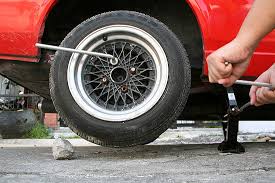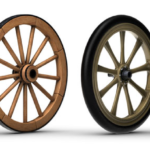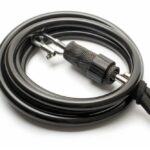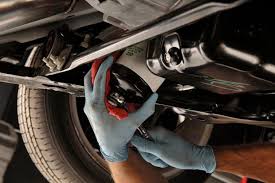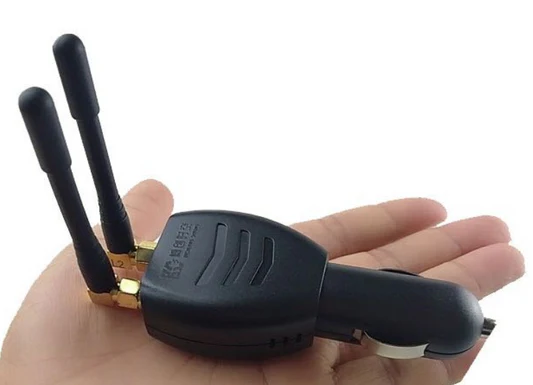As gas prices rise and environmental concerns grow, many drivers are looking for ways to save money on fuel without sacrificing performance. Whether you drive a gas-powered car or a hybrid, there are simple strategies that can help you boost fuel efficiency and keep your vehicle performing at its best. Here’s how you can save money on fuel without compromising the performance of your vehicle.
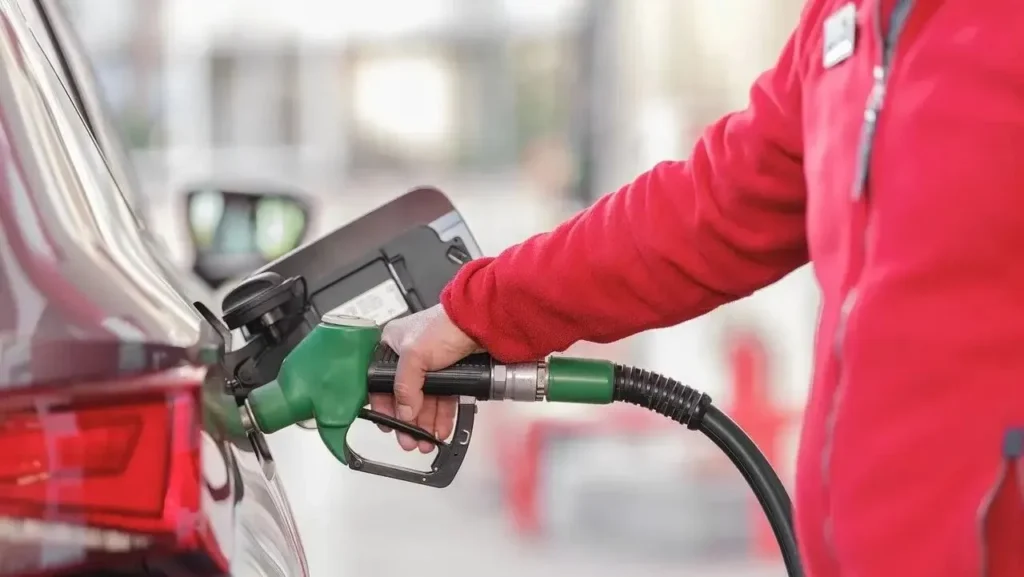
Content
1. Drive Smoothly and Avoid Rapid Acceleration
The way you drive plays a significant role in how much fuel you consume. Rapid acceleration and sudden braking can cause your engine to use more fuel than necessary. Instead, aim for smooth acceleration and gentle braking. By anticipating traffic and slowing down gradually, you can reduce fuel consumption without losing performance. Your car’s engine will run more efficiently, saving you money while still maintaining a smooth driving experience.
2. Maintain Proper Tire Pressure
Under-inflated tires increase rolling resistance, which forces your engine to work harder and consume more fuel. Check your tire pressure regularly and keep it at the recommended levels specified in your vehicle’s manual. Proper tire pressure not only improves fuel efficiency but also ensures better handling and safety. Driving with properly inflated tires can save you money and help you maintain your vehicle’s performance over time.
3. Use Cruise Control on Highways
When driving on highways or long, straight roads, using cruise control can help you maintain a steady speed and prevent unnecessary fluctuations in speed that burn extra fuel. Cruise control keeps your car at a constant speed, reducing the need for acceleration and braking, which leads to better fuel efficiency. This simple feature helps you save money on long drives without affecting the overall performance of your vehicle.
4. Lighten Your Load
The heavier your car is, the more fuel it requires to move. If you’re carrying unnecessary weight in your car, it’s time to clean out your trunk or back seat. Excess weight makes your engine work harder, leading to higher fuel consumption. Similarly, removing roof racks or cargo boxes when not in use can reduce aerodynamic drag and improve fuel efficiency. Lightening your load helps your car run more efficiently while keeping it performing at its best.
5. Limit the Use of Air Conditioning
While air conditioning provides comfort, it can also put a strain on your vehicle’s engine, leading to increased fuel consumption. If possible, try to limit your use of AC, especially on short trips. On hot days, consider parking in a shaded area to keep your car cooler. When driving at lower speeds, opening the windows can provide adequate ventilation without wasting fuel. Using air conditioning sparingly can save you money without compromising your vehicle’s comfort and performance.
6. Keep Your Car Well-Maintained
Regular vehicle maintenance is essential for keeping your car running efficiently. A well-maintained engine, clean air filters, and properly functioning spark plugs all contribute to better fuel efficiency. Be sure to follow your car’s maintenance schedule, including oil changes, air filter replacements, and tire rotations. Taking care of your vehicle not only improves performance but also helps to prevent costly repairs and keep fuel consumption under control.
7. Plan Your Trips
Planning your trips ahead of time can help you avoid unnecessary driving and reduce fuel usage. Combining errands into one trip, avoiding congested areas, and using apps to check traffic conditions can help you save both time and fuel. Additionally, driving during non-peak hours can help you avoid stop-and-go traffic, which wastes fuel. By planning smarter, you’ll reduce your overall fuel consumption while keeping your vehicle’s performance intact.
8. Drive at Moderate Speeds
Driving at high speeds increases air resistance, which in turn increases fuel consumption. While it may be tempting to drive fast on highways or open roads, keeping your speed within moderate limits can help you save fuel without sacrificing performance. Most vehicles have optimal fuel efficiency at speeds between 45 and 65 mph, so try to stay within this range for the best balance of fuel economy and performance.
9. Use the Right Motor Oil
Using the correct motor oil for your vehicle is crucial for ensuring your engine runs efficiently. Using the manufacturer’s recommended oil helps reduce friction within the engine, allowing it to perform better and consume less fuel. Additionally, synthetic oils can offer improved efficiency over conventional oils, as they are designed to reduce engine wear and maintain performance even under higher temperatures. Be sure to check your owner’s manual for the right type of oil to use.
10. Consider Alternative Fuel Options
If you’re looking to save money on fuel in the long run, consider switching to an alternative fuel vehicle, such as a hybrid or electric car. While the upfront costs may be higher, hybrids and electric vehicles typically offer lower fuel costs and better overall efficiency. Many cities also offer tax incentives or rebates for drivers who switch to eco-friendly vehicles, which can help offset the initial cost.
Conclusion
Saving money on fuel doesn’t have to mean sacrificing the performance of your vehicle. By adopting smoother driving habits, maintaining your car properly, and making small adjustments like reducing weight and using cruise control, you can improve fuel efficiency without compromising comfort or power. With these strategies, you’ll not only save money but also keep your car running at its best for years to come.

Max isn’t your ordinary auto blogger. He’s your friendly neighborhood gearhead, here to guide you through the automotive maze. His blog is like a conversation with a buddy who’s always got the latest auto scoop.

